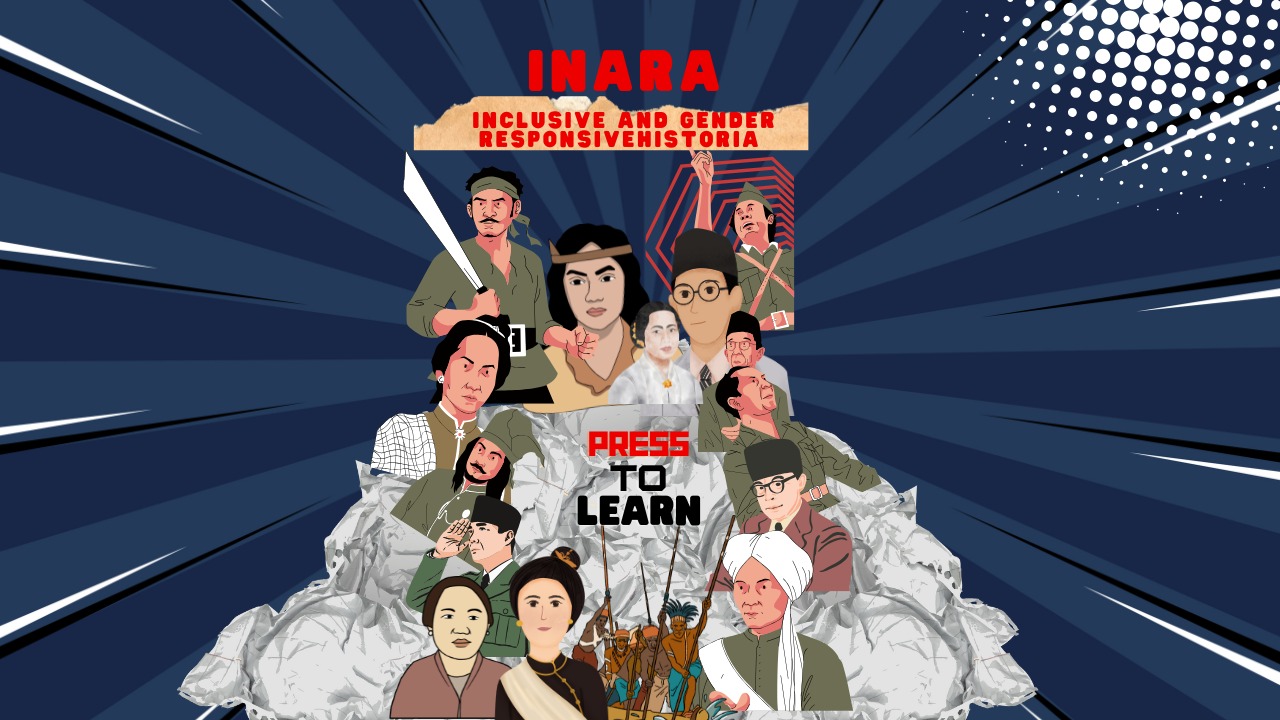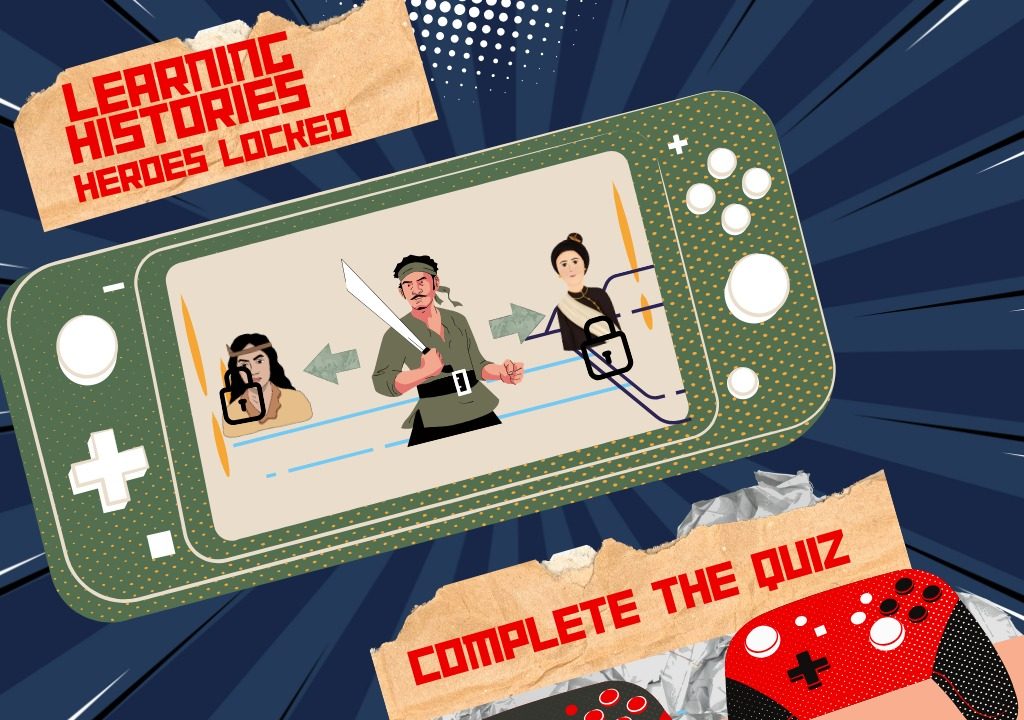Universitas Negeri Semarang (UNNES) has developed a new digital application, INARA (Inclusive and Gender-Responsive Historia), aimed at transforming history education in Indonesian schools. The initiative addresses longstanding challenges in the subject, which is often seen as outdated, monotonous, and predominantly focused on male figures, while promoting accessibility and gender equity.
A 2015 survey by Zenius Education indicated that history ranked among the least favored subjects in Indonesian classrooms, with students showing limited interest and teachers receiving low popularity ratings. To make the subject more engaging and relevant, UNNES researchers designed INARA as an interactive and inclusive learning tool.
See also: UNNES Launches Electric Motorcycle Prototype to Support Indonesia’s Renewable Energy Transition
The application combines multiple features to capture student interest. Myth-versus-fact quizzes help clarify historical misconceptions, while a Pattimura-themed board game, inspired by Monopoly, combines fun gameplay with educational missions. Digital comics highlight the contributions of female heroes such as RA Kartini, Martha Christina Tiahahu, and Marsinah, providing greater visibility to historically underrepresented figures. Users can also access virtual museum tours via QR codes linked to heritage sites across Indonesia.

INARA emphasizes accessibility with tools such as voice notes for visually impaired learners and sign language support for deaf students. By integrating inclusive narratives and assistive features, the platform enables students from diverse backgrounds to engage with history in a meaningful way, addressing gender imbalances and broadening understanding of Indonesia’s cultural heritage.
See also: Research for Life: The Story of a UNNES Professor Who Developed a Landslide Detection Device
To ensure the app remains effective over time, UNNES has implemented a sustainable growth strategy. INARA will receive regular content updates to align with curriculum changes and maintain engagement, while offline functionality will support students in areas with limited internet access. The platform also encourages integration into classroom instruction, allowing teachers to embed the app’s features into formal lessons.
By combining interactive gameplay, inclusive storytelling, and accessibility tools, INARA represents a new approach to history education in Indonesia. The platform is designed not only to enhance learning outcomes but also to foster a deeper appreciation of the nation’s heritage, inspiring students to critically engage with historical narratives and learn from the past. UNNES researchers view the application as a significant step toward modern, equitable, and engaging history education for the next generation of learners.
